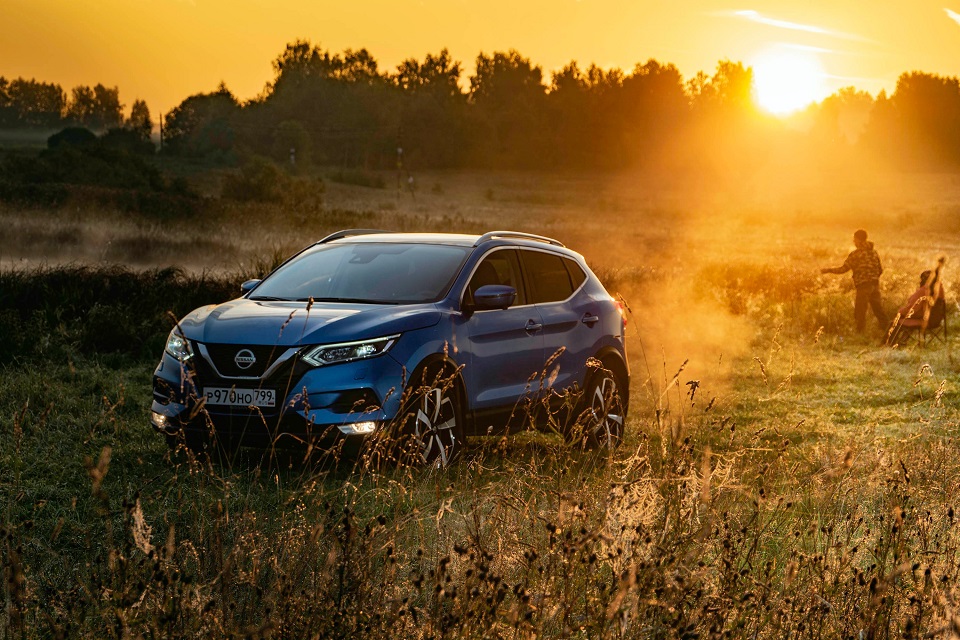You may think that owning an SUV is the same as owning a standard car – in which case, you would be very much mistaken. SUVs are, like other types of vehicles, very popular and highly desirable, but there are some major differences that you should take into account before making your purchase.
Doing a bit of research into the make and model of the SUV you have in mind is likely to highlight some of these differences, but if you haven’t gotten as far as doing your research just yet, here are a few important points for you to digest.
Table of Contents
1. Buy From The Right Car Dealer
It is important that you choose the right dealer to purchase your SUV from. Used car dealers such as Houseofcars.com will have a large range of vehicles to choose from and will be happy for you to view and test drive the vehicles that you are interested in. This is a very important part of the purchasing process and shouldn’t be overlooked.
SUVs are high off the ground and can feel very different due to the visual range that is available when sat in the driving seat. If you do not feel confident driving the car yourself, ask if a salesperson will drive it for you while you sit in the passenger seat. This way, you still get a feel for the car and can hear the engine as you travel along.
2. What Maintenance & Upkeep Will Need To Be Done?
Before you make your purchase, you should make sure that you understand what maintenance and upkeep you will need to do to keep the SUV in its best condition. Undoubtedly, there will be things that you will not be able to do yourself, either due to a lack of knowledge or because you are not qualified and do not have the skills or tools available to you. In these cases, you will need the assistance of a friendly mechanic, and for these services, there will be a price to consider.
3. Make Sure You Are Aware Of Other Costs
Of course, there are other costs that you should be aware of, which may cost more than your current vehicle. For instance, your insurance costs could go up even if you shop around for the best deal available to you.
Another area where an SUV could cost more than a regular car is in its gas consumption. SUVs tend to use more gas, especially around the city, so you should make sure that you include this in your monthly budget to ensure that it is sustainable.Youcan check on the internet (and your dealer may be able to advise you if you are unsure) what the mile per gallon is on any given make or model of SUV, or you could choose to work it out yourself.
4. Include Breakdown Cover In Your Calculations
SUVs, like all vehicles, are not averse to the odd breakdown, and if you want an SUV because of a growing family, then you are not going to want to get stuck somewhere for a long period of time. This means that gaining breakdown cover is going to be a crucial element ofyour purchase. Look for a provider that will not only help you on the roadside but also offers towing and even a courtesyor loner car should yours be out of action for a while.



